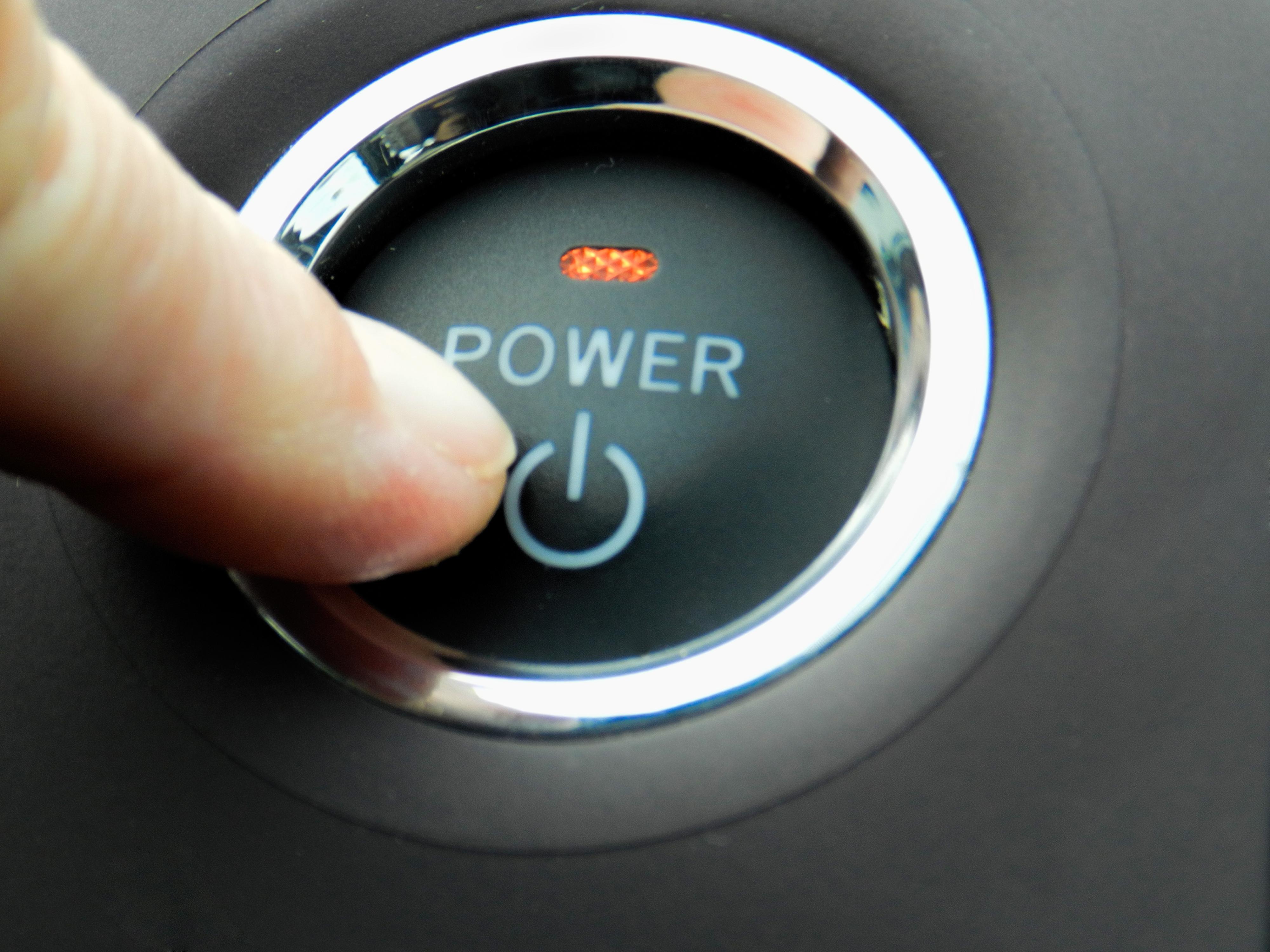
22 Aug Understanding power of attorney documents
Photo: pippalou/morguefile.comQ. What’s the difference between a power of attorney and a durable power of attorney?
— Want to learn
A. Estate planning documents may not be the most exciting discussion, but understanding what you need to make sure your wishes are followed is essential for everyone.
A power of attorney (POA) is a legal document you can use to give someone else, known as the attorney-in-fact or agent, the authority to act on your behalf regarding financial or legal matters, said Andrew Novick, a certified financial planner and estate planning attorney with The Investment Connection and Brookner Law Offices in Bridgewater.
He said you can specify the scope of powers given to you agent in the POA, and it can be very broad or limited in scope.
“Typically, you would use a POA if you need help with a single task,” he said. “For instance, you need someone to represent you in a legal matter that you can’t attend to yourself. When the task is completed, the agent’s powers automatically end.”
Additionally, your agent can only act so long as you are also able to act, Novick said. This means that your agent has no power to act on your behalf if you become incapacitated — perhaps due to illness — because you are not able to act for yourself.
“While there are many instances where this arrangement is desirable, a durable power of attorney (DPOA) is the answer if the agent’s powers need to endure while you are incapacitated,” Novick said. “For instance, an elderly person may fear that their capacity will diminish over the years so they name a family member as agent in a DPOA to assist with day-to-day finances.”
You can revoke a POA or DPOA at any time as long as you’re not incapacitated, Novick said.
“If you are incapacitated, the POA has no effect, but the DPOA is still valid and you no longer have capacity to revoke it,” he said. “Naming someone you trust as agent is always important, but is really critical in a DPOA. Note that in all cases, an agent’s power ceases upon your death.”
Novick said because accidents or sudden illness can strike at any time, he recommends all his clients have a DPOA to protect against incapacity. Having a DPOA can give you and your family peace of mind that someone is named to handle your affairs in an emergency, he said, and it will also save time and the expense of a court proceeding to get someone appointed to handle your affairs.
“Unless you specify otherwise, your agent’s powers are effective immediately upon execution of the document even though you are still able to take care of your own affairs,” he said. “In some cases, it is preferable for the agent’s powers to be conditioned on a certain event.”
This is known as a “springing” power of attorney.
For instance, you can specify that it does not become effective until your agent produces medical evidence of your incapacity, Novick said.
“The advantage with this approach is that your agent can’t act while you are able to handle your own affairs,” he said. “I generally recommend using a springing power if the agent is a non-spouse.”
Learn more about what to do if a bank reject’s a power of attorney here.
You can also name an agent for medical decisions. However, this is typically addressed in a separate document and paired with a living will, Novick said.
“Together these documents are often referred to as an Advance Healthcare Directive,” he said. “It only makes sense for the healthcare agent’s powers to be durable as they are only needed in the event you are incapacitated and can’t make your own medical decisions.”
Email your questions to Ask@NJMoneyHelp.com.
This post was first published in August 2016.
NJMoneyHelp.com presents certain general financial planning principles and advice, but should never be viewed as a substitute for obtaining advice from a personal professional advisor who understands your unique individual circumstances.
